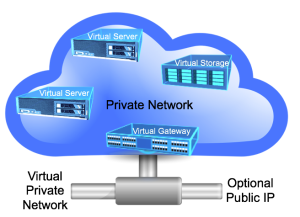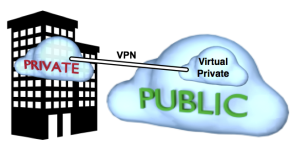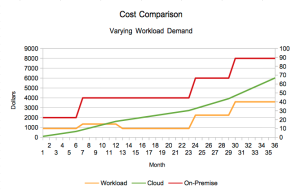Mobile means different things depending on how you run look at your business. You may rephrase the question a few different ways depending on how you view your business:
- Can your clients access information about you with their mobile devices? This is Mobile Presence. The top question on the list is does your website supporting mobile browsing?
- Are you engaging with your customers through their mobile devices? This is Mobile Marketing. A simple approach might be email or text messaging (aka SMS) of promotions.
- Are you and your staff able to do work without being on-premise? This is Mobile Workforce. When you are not in the building:how do you access business data? How do you handle phone calls? Are there processes that you want to accessible remotely?
Some solutions you should consider are enabling your website for mobile devices, Mobile apps, a platform for mobile marketing or mobile communications, and cloud-hosted VoIP.
Mobile responsive website:
- The text on the page is generally larger and easier to read. Content is formatted optimally for the browsing device’s screen. Also, navigation is condensed to use less screen space.
- Users will get the same content independent of device they used, This provides users a centralized place to access information about your business.
- Since the content must fit a varied of screens, this is not as personable as an app on your client’s device. Also, gaps in network coverage can impede access.
Native mobile application:
- Apps are designed and optimized for a specific set of functions. Many apps can function independent of network connectivity. You can do things with an app that you can’t do from a webpage.
- Mobile apps tend to have better performance than web-based apps. Also, users tend to fell more comfortable with apps on their own device.
- Apps may need updated when there is a major device OS release. Adding new features to an app requires release cycle.
- Having a set of apps over one large app will reduce app complexity, improve stability, and help prevent exceeding the limited memory capacity of older mobile devices.
Mobile mar-comm platform:
- This will expand your marketing strategy with a mobile device centric coupon, loyalty or messaging capability. You may also link this with your current social media platforms
- This enables you to interact with your customers i ways they prefer. Having a multi-channel content keeps you engaged with your customers.
- Some staff training will be needed to handle new modes of customer interaction and content flow.
Cloud-hosted VoIP:
- A primary feature is: no special on-premise hardware, i.e. there is no capital expense for PBX hardware. Also, you can leverage your existing data connection verse dedicated lines. Another key feature is you can use your choice of device: dedicated phone, web-app, or app for smartphone, tablet or computer.
- This means you are not tied to a physical location, you can have one contact number and work from multiple locations. This makes your organization extensible, quickly adding or removing both staff and locations
- You will need to test you network for suitability and be sure to test the service for quality and feature set before you commit to it.
There is a lot of talk now about the Internet of Things. Yes, that is the next wave, but many small business have yet to fully take advantage of the benefits that the current Mobile and Cloud Computing waves have to offer.




 ph demonstrates just such a case. While your specifics will be different, in this scenario the overall equipment cost for the traditional model will be about 33% higher over 3 years. That gap gets even bigger if you account for power consumption.
ph demonstrates just such a case. While your specifics will be different, in this scenario the overall equipment cost for the traditional model will be about 33% higher over 3 years. That gap gets even bigger if you account for power consumption.